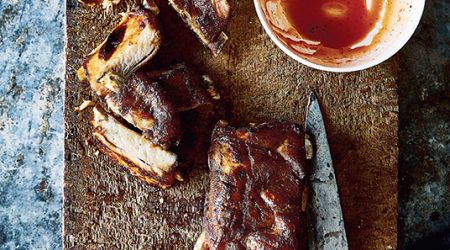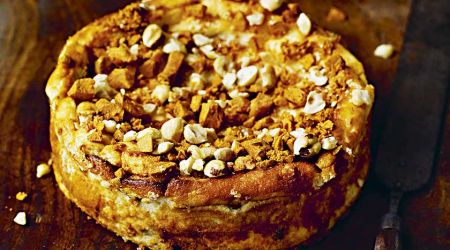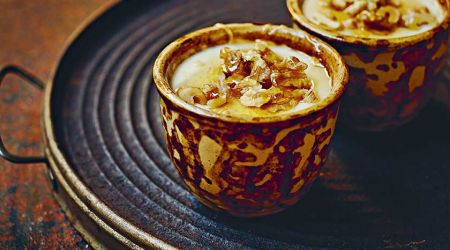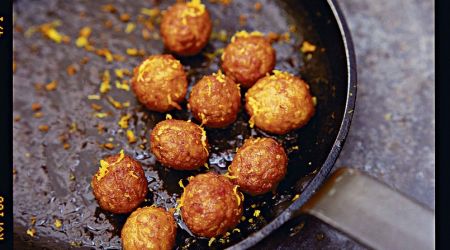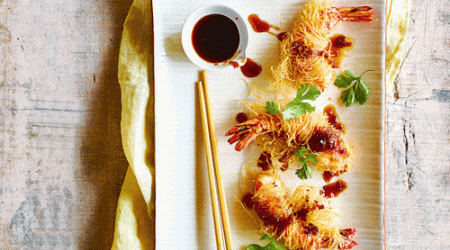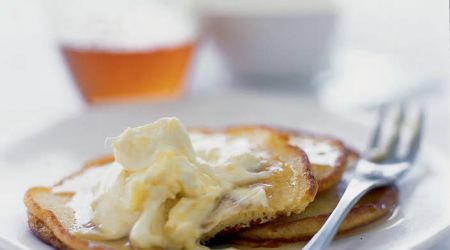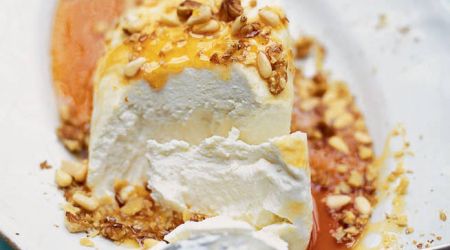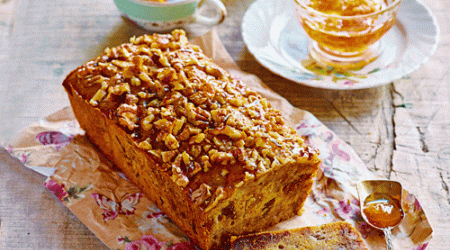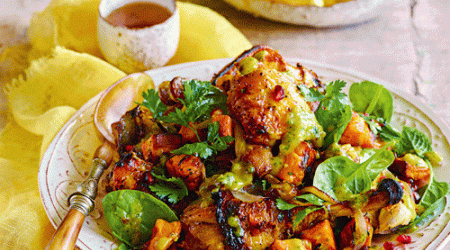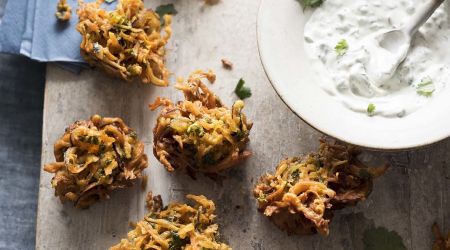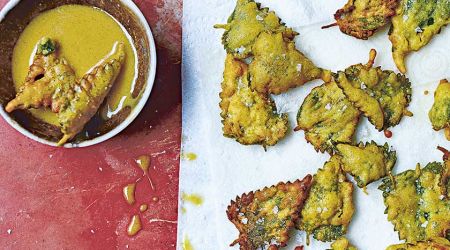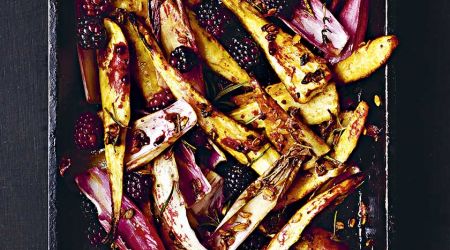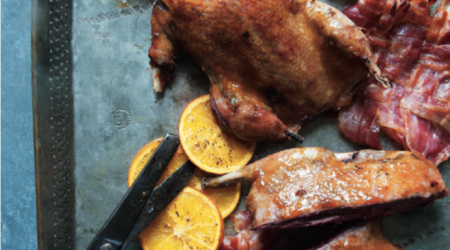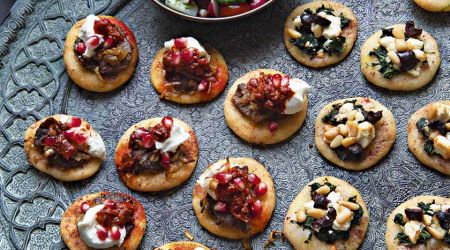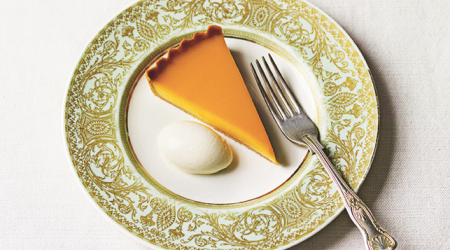Honey
Bee colonies and honey stocks across the UK are under threat. Emma Baker examines how we can join the campaign to save our hives and encourage local producers of this essential food
Where would we be without our honey? Here in Britain, we’ve been using it since Roman times for everything from spreading on our morning toast and skincare to making candles and treating hay fever. Currently we get through 30,000 tonnes of the golden wonder foodstuff each year – but did you know that 90 per cent of the honey on our supermarket shelves is imported, the great majority coming from China and Argentina, and that the threat of a honey-free future in Britain is very real?
The statistics are worrying. During the past century, the British honey bee population has declined by three quarters. During the harsh winter of 2007/08, 30 per cent of our honey bees perished; if this trend were to continue, they could die out altogether within a generation.
It’s a global problem, too: scientists in the US, Africa, Asia and Australia are reporting similar occurrences of ‘colony collapse disorder’, and in some parts of China, fruit farmers have resorted to pollinating their crops by hand, due to lack of insects.
But what’s behind this decline? According to Brian Ratnieks, professor of apiculture at the University of Sussex, it’s down to a combination of factors: agricultural land-use changes, resulting in fewer flowers in the countryside for bees to visit, and the evolution of new diseases, such as the varroa mite, which can weaken and wipe out an entire colony within three years.
While Professor Ratnieks and organisations such as the British Beekeepers’ Association britishbee.org.uk are encouraging scientific research and conservation projects, what can we, as consumers, do to help reverse this decline? The answer is plenty: always buying British honey is an easy but essential step that anyone can take towards saving our bees. If you have a garden, encourage a variety of beefriendly plants, such as lavender, roses, clover and honeysuckle as well as fruit trees, herbs and soft fruits. And, if you’ve really caught the buzz, you could even try joining the throng of Britain’s 25,000 amateur beekeepers. It’s surprising how little space you need to keep a successful hive – a small garden or even a roof terrace will suffice – and although it may seem counterintuitive, city hives flourish because our urban gardens and parks are rich in plants and the bees only have to fly short distances to gather nectar.
So, although beekeeping is a hobby that takes training and dedication, the rewards are great, and without our amateur apiarists, we would never have the chance to sample the amazing diversity of British honey produce that can be found at farmers’ markets and local shops.
The Hive Honey Shop in Battersea, south-west London thehivehoneyshop.co.uk is one such outlet, stocking a huge variety of local and regional honey, much of it produced by amateur beekeepers from all corners of the UK. ‘Even if all they produce is a bucketful, selling honey sponsors amateur beekeepers and helps pay for the upkeep of their hives,’ says store owner James Hamill, who also provides books on beekeeping and has a working hive that you can observe from inside his shop.
So whether or not you end up investing in a bee-husbandry course, not to mention your own swarm, smoke gun and protective white suit, for now the greatest investment you can make is to always buy British honey. Not only will you be helping to keep the British bee alive, but you will also doing your bit for our environment.
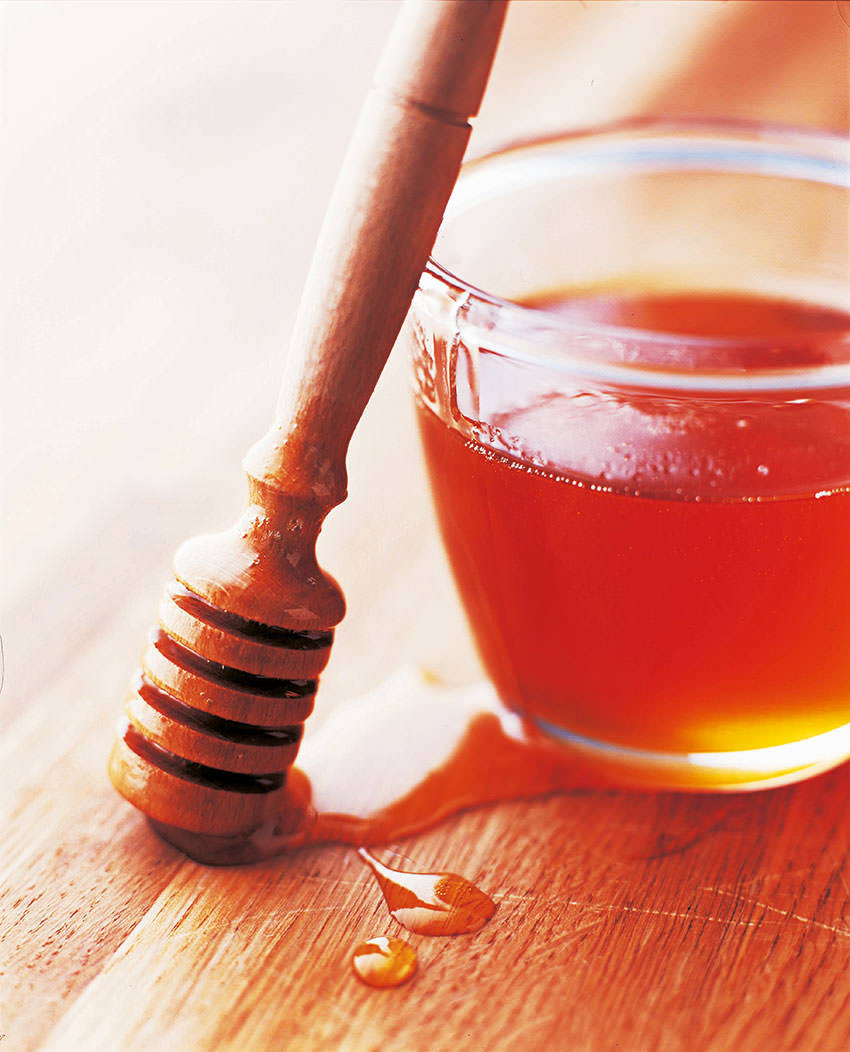
Recipes
Get Premium access to all the latest content online
Subscribe and view full print editions online... Subscribe

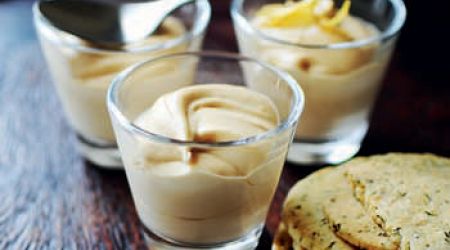
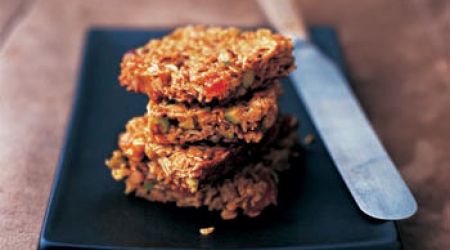
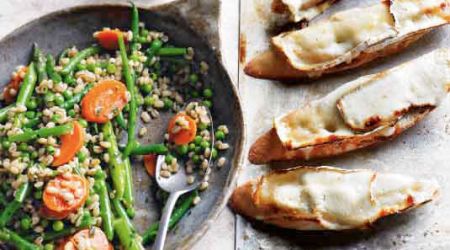
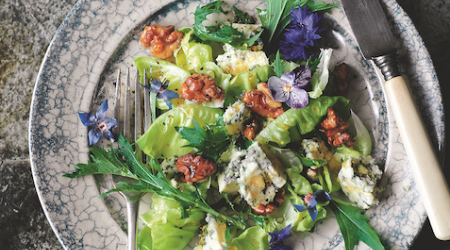
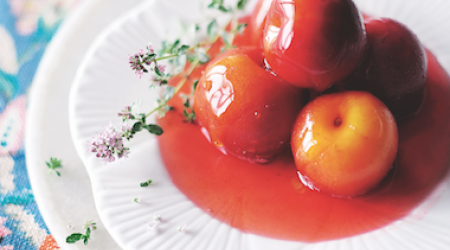
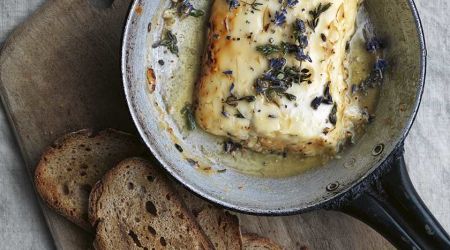
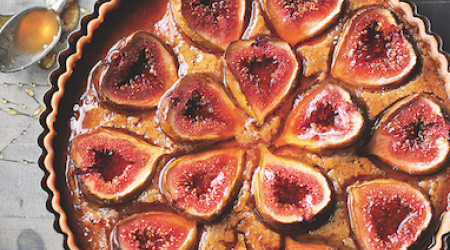
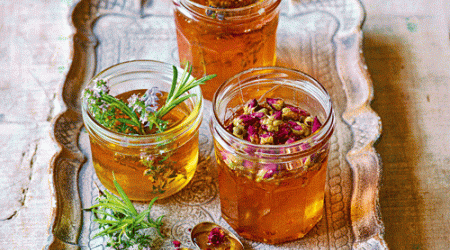
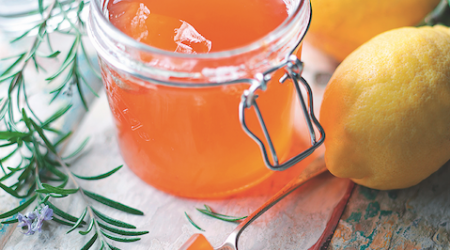
_Joanna_Yee_bc3f3685bee9310b32ee8e27b331ee38.jpg)
